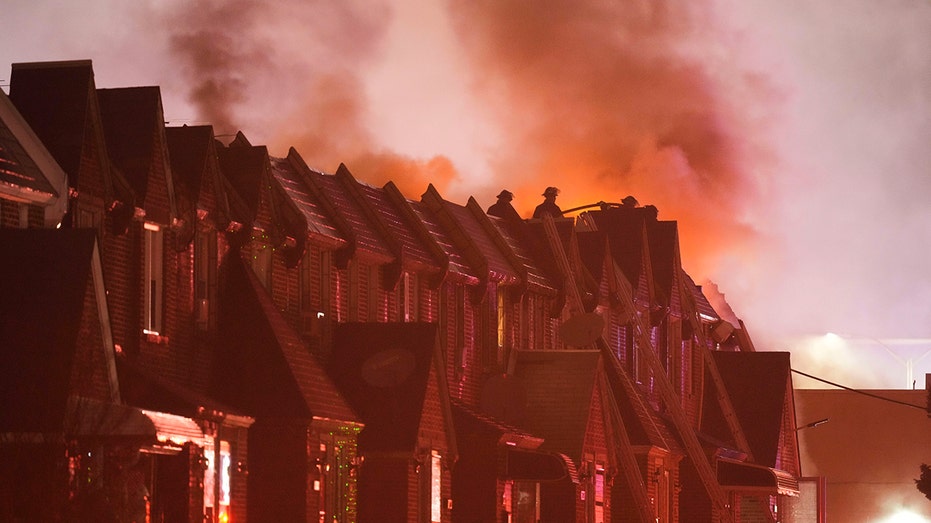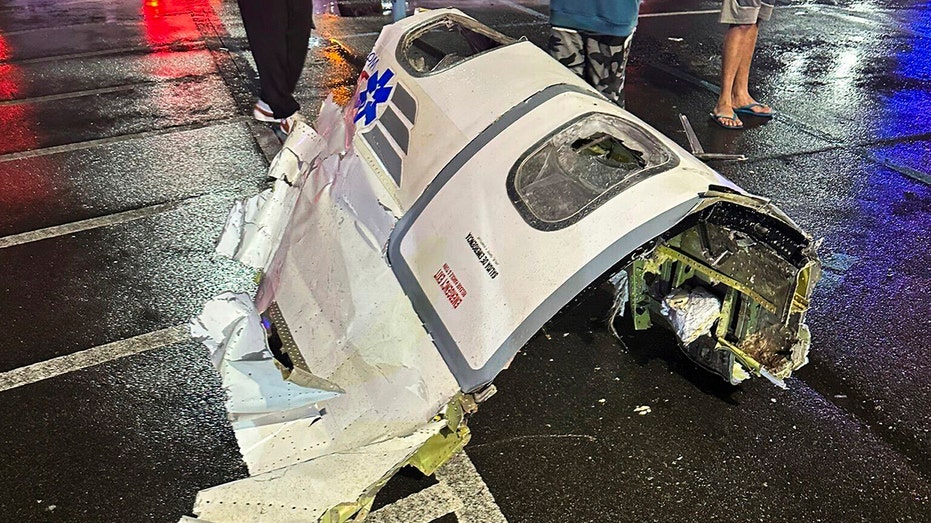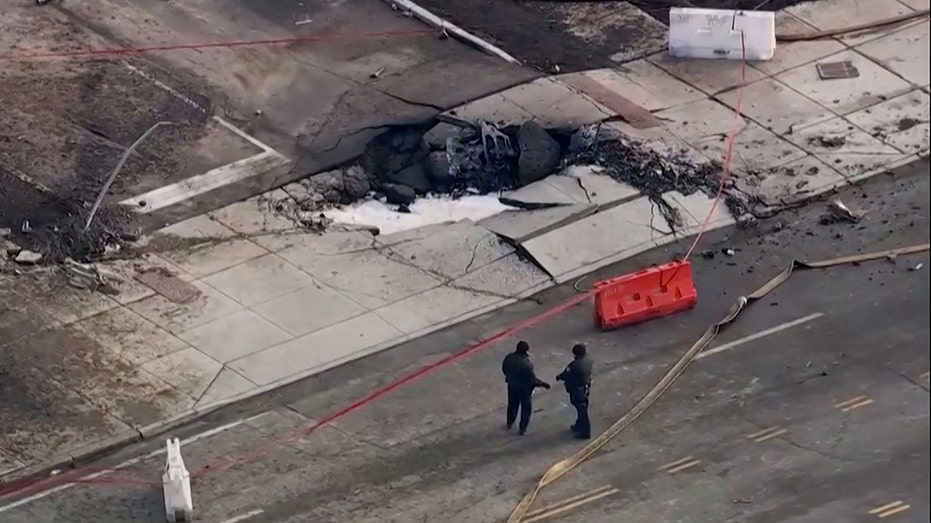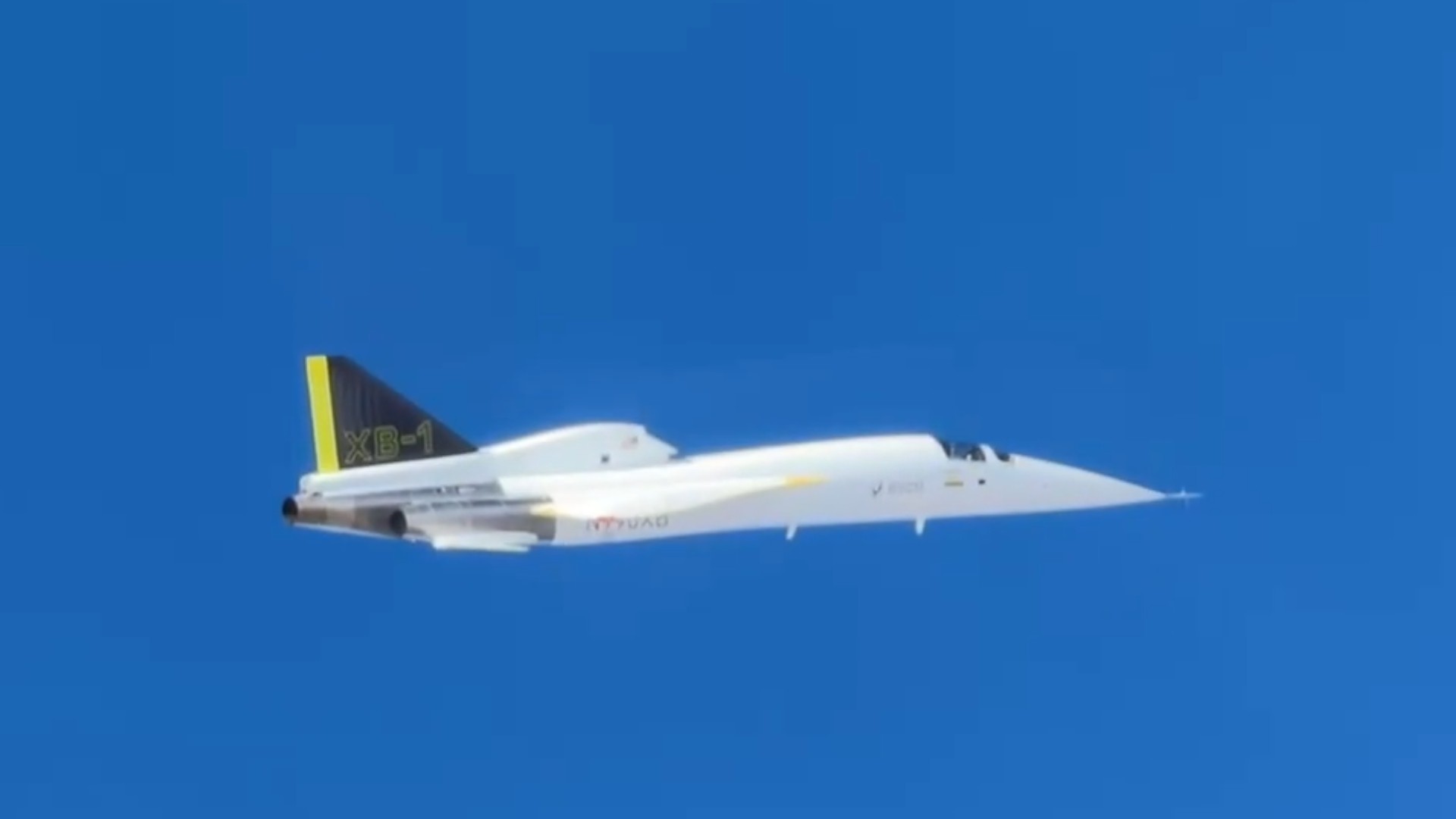US Blocks Open Source 'Help' From These Countries
Wednesday the Linux Foundation wrote that both "regulatory compliance" and "increased cybersecurity risk" were "creating burdens...that must be met" for open source communities. And so, as Steven J. Vaughan-Nichols writes, "the Linux Foundation has released a comprehensive guide to help open source developers navigate the complex landscape of the U.S. Office of Foreign Assets Control (OFAC) sanctions..." These rules, aimed at achieving economic, foreign policy, and national security goals, apply to various interactions, including those in the open source community. The total Sanctions Programs and Country list amounts to over 17 thousand entries ranging from individuals to terrorist organizations to countries. If that rings a bell, it's because, in October 2024, the Linux kernel developers ran right into this issue. The Linux kernel's leadership, including Greg Kroah-Hartman, the stable Linux kernel maintainer, and Linus Torvalds, Linux's founder, announced that eleven Russian kernel developers had been removed from their roles working on the Linux kernel. Why? Because, as Torvalds said, of "Russian sanctions." This, he added, in a Linux kernel mailing list (LKML) message was because "the 'various compliance requirements' are not just a US thing." For developers, this means exercising caution about who they interact with and where their contributions originate. The sanctions target specific countries, regions, and individuals or organizations, many of which are listed on the Specially Designated Nationals and Blocked Persons (SDN) List... Most OFAC sanctions are exempted for "informational materials," which generally include open source code. However, this only applies to existing code and not to requests for new code or modifications. So, for example, working with a Russian developer on a code patch could land you in hot water... While reviewing unsolicited patches from contributors in sanctioned regions is generally acceptable, actively engaging them in discussions or improvements could cross legal boundaries... Developers are warned to be cautious of sanctioned entities attempting to contribute indirectly through third parties or developers acting "individually." Countries currently sanctioned include: Russia Cuba Iran North Korea Syria The following regions of Ukraine: Crimea, Donetsk and Luhansk regions of the Ukraine. The Linux Foundation had written that the OFAC sanctions rules are "strict liability" rules, "which means it does not matter whether you know about them or not. Violating these rules can lead to serious penalties, so it's important to understand how they might affect your open source work." But J. Vaughan-Nichols offers this quote from open source licensing attorney Heather Meeker. "Let's be honest: Smaller companies usually ignore regulations like this because they just don't have the resources to analyze them, and a government usually ignores smaller companies because it doesn't have the resources to enforce against them. Big companies that are on the radar need specialized counsel." Read more of this story at Slashdot.

Read more of this story at Slashdot.






























.png)





















![‘Companion’ Ending Breakdown: Director Drew Hancock Tells All About the Film’s Showdown and Potential Sequel: ‘That’s the Future I Want for [Spoiler]’](https://variety.com/wp-content/uploads/2025/02/MCDCOMP_WB028.jpg?#)
























